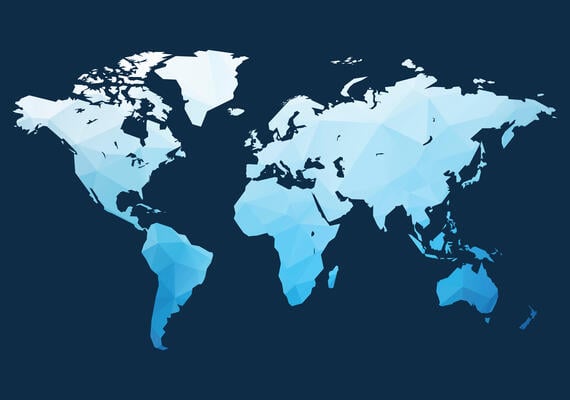
Digital technologies and democracy
This project examines the dual impact of smart digital technologies on democracy in Iran, Turkey, Pakistan and Egypt. Funded by the Gerda Henkel Foundation, it investigates how these technologies empower grassroots voices while posing risks to deliberative democracy. The project includes a publicly accessible Zotero library that curates resources in multiple languages.


